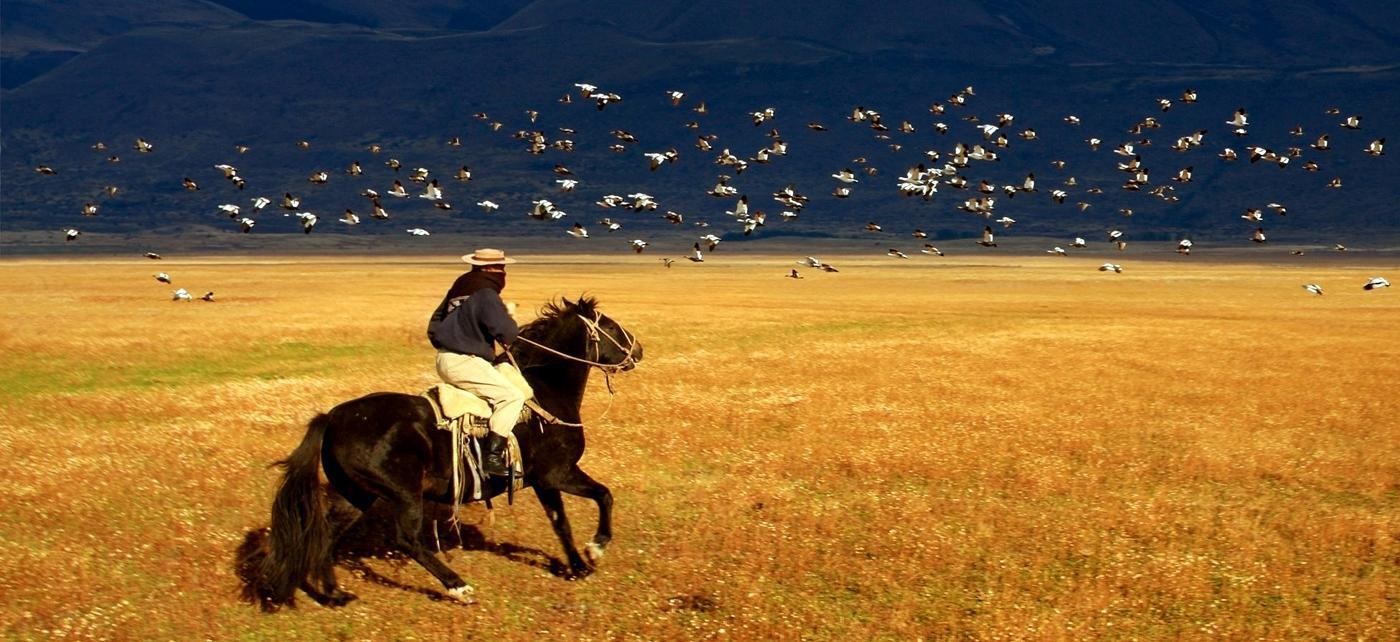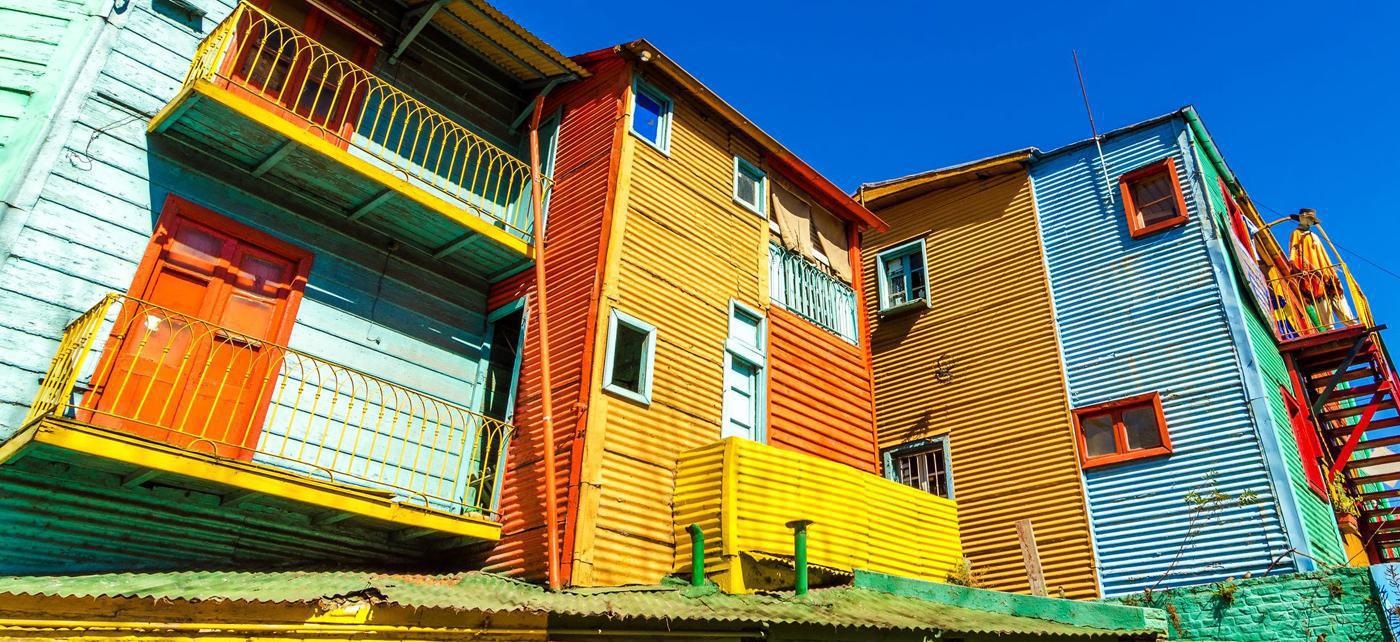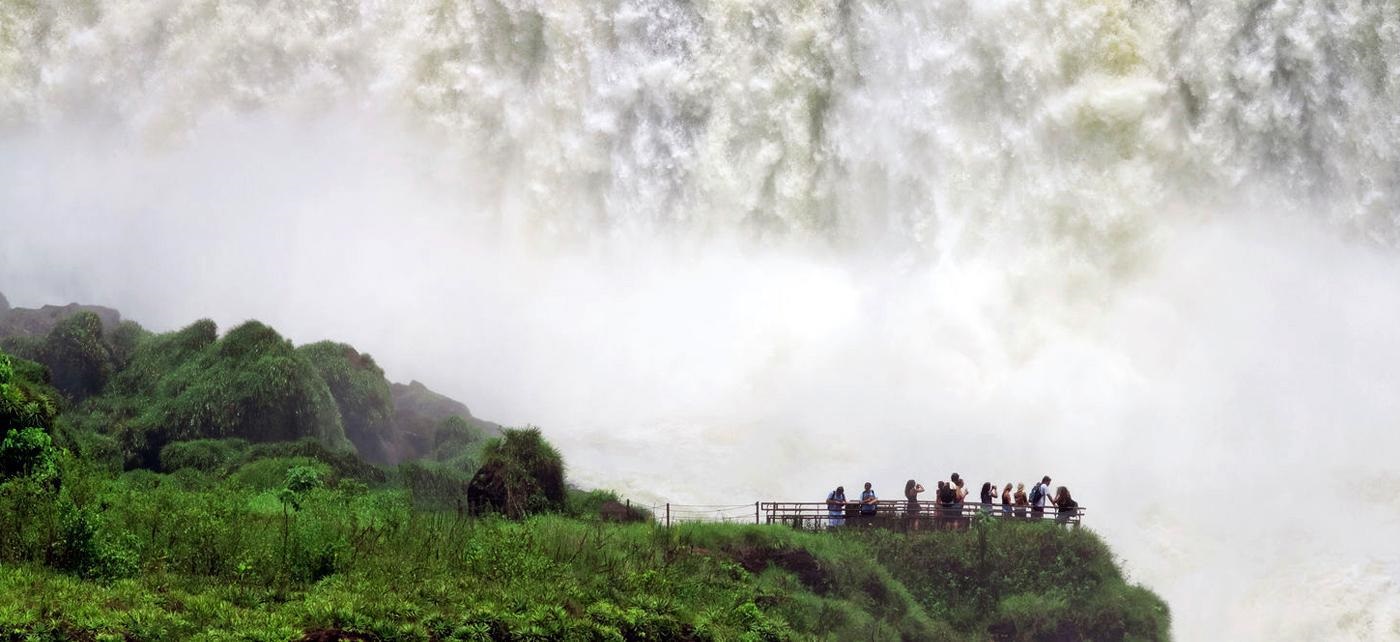Argentina, officially the Argentine Republic is the second largest country in South America, constituted as a federation of 23 provinces and an autonomous city, Buenos Aires. It is the eighth-largest country in the world by land area and the largest among Spanish-speaking nations, though Mexico, Colombia and Spain are more populous.
The name of the country, traditionally called the Argentine in English, is derived from the Latin argentum, which comes from the Ancient Greek, gen of "white, shining” The first use of the name Argentina can be traced to the 1602 poem "La Argentina y conquista del Río de la Plata" by Martín del Barco Centenera. Although this name for the Platine region was already in common usage by the 18th century, the area was formally called Viceroyalty of the Río de la Plata in 1776. The autonomous governments that emerged from the 1810 May Revolution replaced "Viceroyalty" with a "United Provinces" designation.
Argentine culture has significant European influences. Buenos Aires, its cultural capital, is largely characterized by both the prevalence of people of European descent, and of conscious imitation of European styles in architecture. The other big influence is the gauchos and their traditional country lifestyle of self-reliance. Finally, indigenous American traditions have been absorbed into the general cultural milieu.
Argentina is a major producer of motion pictures, and the local film industry produces around 80 full-length titles annually. The world's first animated feature films were made and released in Argentina, by cartoonist Quirino Cristiani, in 1917 and 1918. Argentine cinema enjoyed a 'golden age' in the 1930s through the 1950s with scores of productions, many now considered classics of Spanish-language film. The industry produced actors who became the first movie stars of Argentine cinema, often tango performers such as Libertad Lamarque, Floren Delbene, Tito Lusiardo, Tita Merello, Roberto Escalada and Hugo del Carril.
Besides many of the pasta, sausage and dessert dishes common to continental Europe, Argentines enjoy a wide variety of Indigenous and Criollo creations, which include empanadas, locro, humitas and yerba mate, all originally indigenous Amerindian staples, the latter considered Argentina's national beverage. Other popular items include chorizo, facturas and Dulce de Leche, a sort of milk caramel jam.
Last Update: August 2011.


